Explore this page: How Climate Change Impacts Children's Health | How To Protect Children | Our Climate Change Programs
Children’s bodies are not built to handle extremes – too much heat, pollution or stress can have dire consequences on their growth and development. Unfortunately, our rapidly changing and warming climate is leading us to a future at the extremes. Our children will experience worse air pollution and more, intense heatwaves and flooding. We all need to be proactive and vigilant to protect children’s health from the impacts of climate change.
How will climate change impact children’s health?
Climate change makes bad situations worse.
- Does your neighborhood have poor air quality? Increased heat leads to more ground level ozone and smog. Smog is an outdoor air pollutant that can increase asthma and lung disease.
- Does your child have asthma? Climate change will worsen common asthma triggers, such as heatwaves, pollen, and pollution.
- Is your community battling for environmental justice? Neighborhoods that have historically been burdened with contamination and environmental hazards bear the brunt of climate catastrophes.
- Does your community flood during heavy storms? Flooding will increase and redistribute contaminated soil in urban industrialized areas with lead and toxic chemicals.

Flooding: Flood exposure may lead to greater rates of home damage and loss, drowning, stress and mental health impacts, and exposures to waterborne pathogens and mold.
Extreme heat: Extreme heat exposure can impair learning and cognition; sleep; mental health; kidney, liver, and respiratory function. It may increase emergency department visits and incidences of preterm birth and low birth weight, heat stroke, and death.
Infectious Disease: Climate change may expand the ranges and active-season lengths of insects and ticks that carry vector-borne diseases, such as Lyme disease.
Air Quality: Climate-driven changes to PM 2.5, ozone, dust, and wildfire smoke may increase emergency department visits, new asthmas cases, general respiratory illnesses, and preterm birth and low birth weight.
Seasonality: Changes to seasons may increase exposure to aeroallergens like pollen, leading to higher rates of seasonal allergies and asthmas. These changes may affect opportunities for outdoor recreation and play.
Info from EPA Climate Change Report
For our children and pregnant people, researchers predict the highest health risk will be related to extreme heat and increased air pollution and flooding.
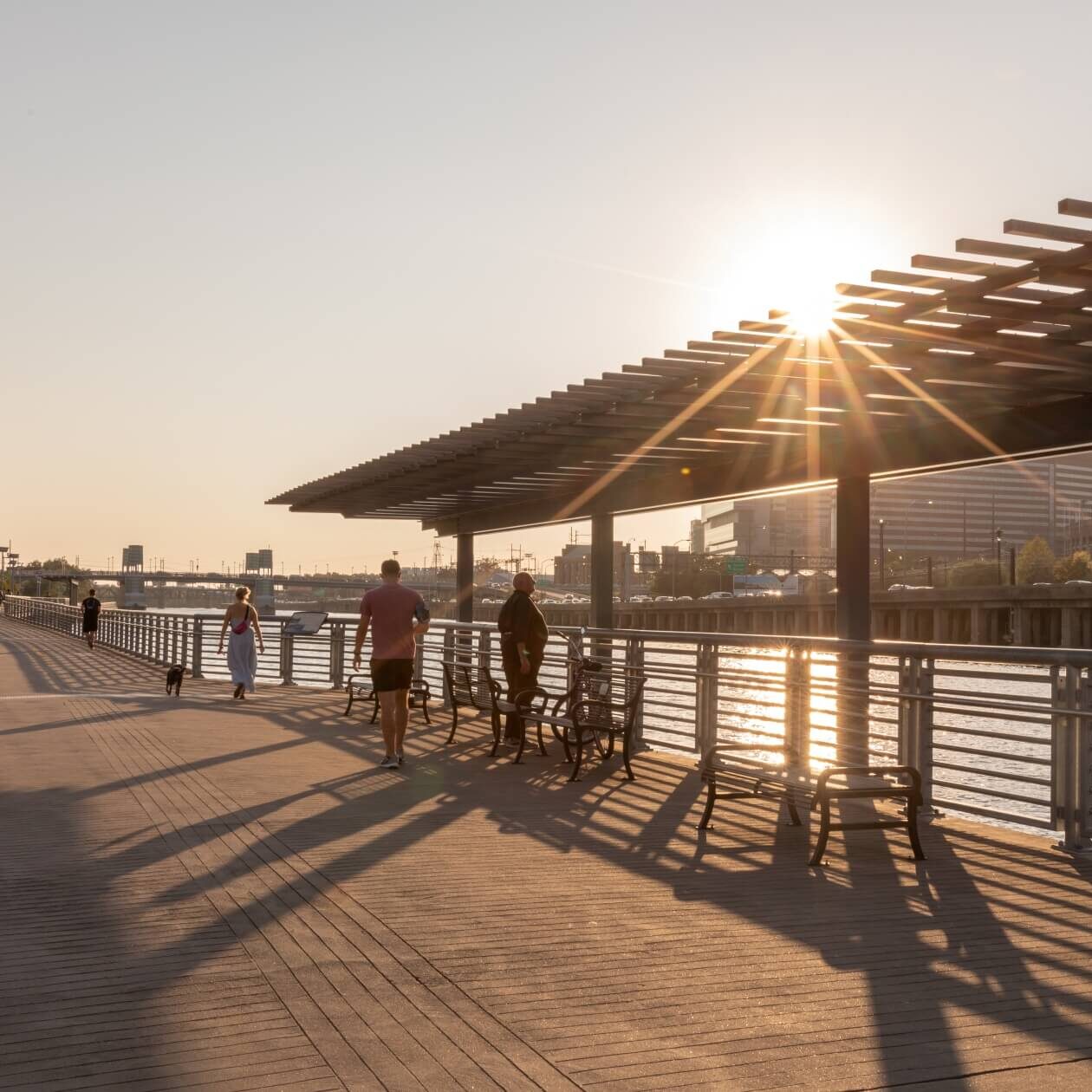
Extreme Heat
A heat wave is a period of unusually hot weather that typically lasts two or more days.1 According to the EPA, “Heat waves are occurring more often than they used to in major cities across the US. Their frequency has increased steadily, from an average of two heat waves per year during the 1960s to six per year during the 2010s and 2020s.” Cities in our region, like Philadelphia and Chester, often have more concrete and asphalt than grass, leading to urban heat islands that disproportionately effect communities of color and the poor.
Air Pollution and Asthma
Even without climate change, air pollution and asthma are already two of the biggest environmental health threats to our region’s children. We have 3x more cases of asthma than the national average. With climate change, more children will experience asthma attacks and poor air quality:
- Earlier spring and longer summers could increase the amount and type of pollen, leading to more asthma triggers
- More frequent wildfires in US and Canadian forests will blow dangerous air into our cities. That air can contain particulate matter, dust, carbon monoxide and nitrogen oxides.
- Hotter cities means more ozone and urban smog that damages lung function.
- More emergency department visits, asthma diagnoses, and “preterm birth, low birth weight, and birth defects are associated with in utero exposure”.3
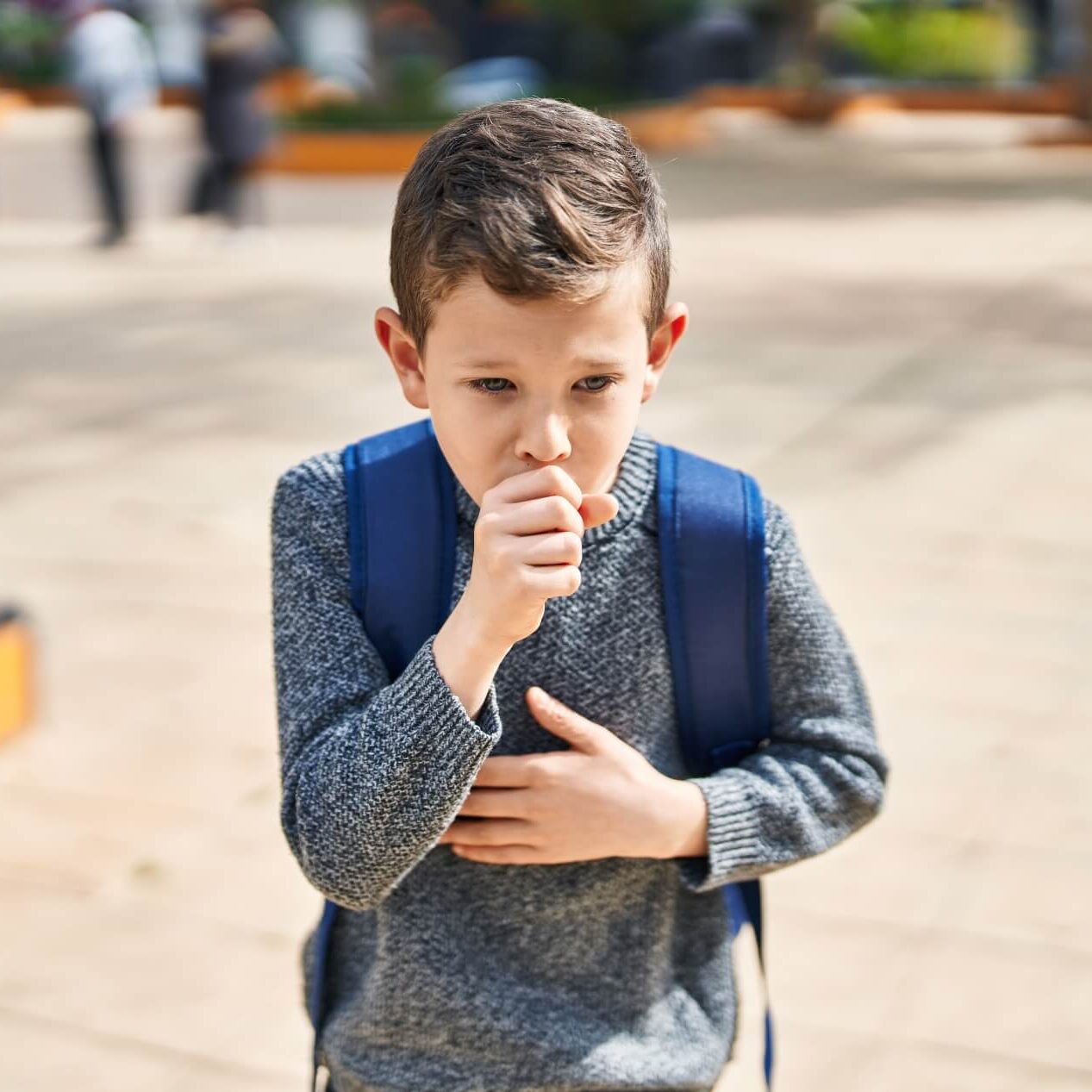
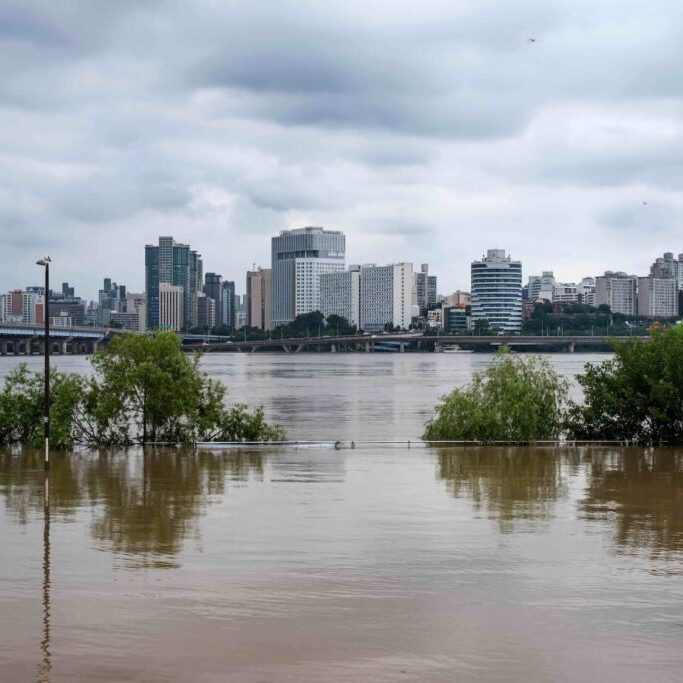
Flooding
When we think of the dangers of flooding, we often think of the short-term dangers: drowning and property loss. But floods also have long-term health effects that are particularly bad for children. Floods bring water to places it doesn’t belong, and with that water often comes contaminants and toxic chemicals. Floodwaters can carry with them lead, chemicals, endocrine disruptors and bacteria.
After a flood, homes become extremely vulnerable to mold growth, especially if areas are not fully dried within 72 hours. Mold is a common asthma trigger and it can irritate a child’s eyes, skin and lungs.
How Do I Protect My Children?
Our Climate Change Programs

Utility Assistance Resource Guide
Make sure your heating and cooling systems are in good condition before extreme weather events occur. Use this…
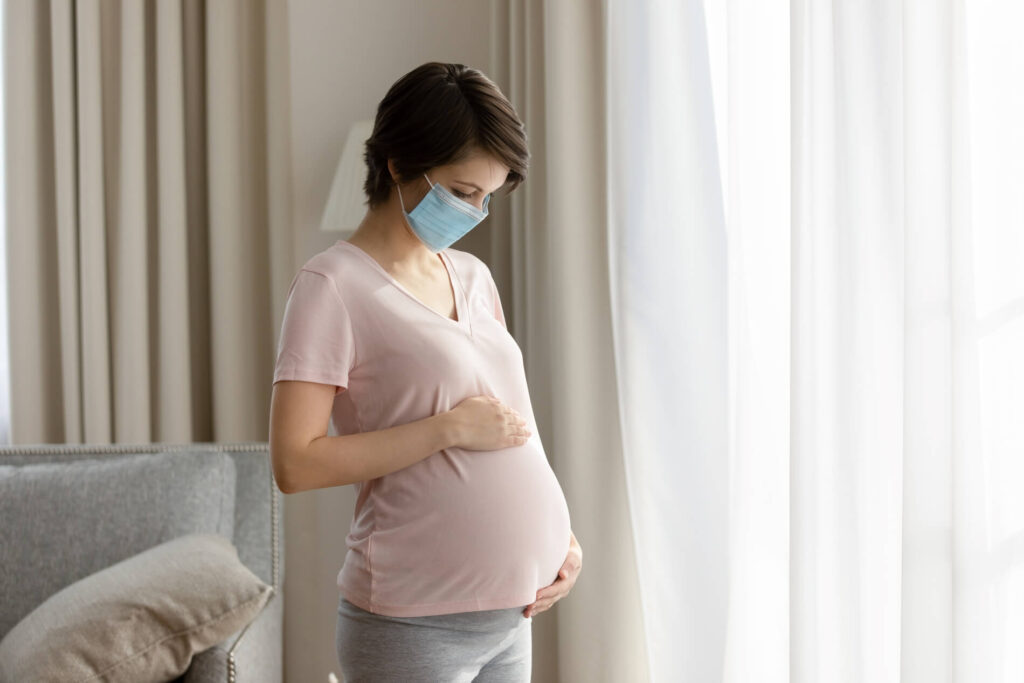
EPA’s Guide to Air Purifiers at Home
The most effective ways to improve your indoor air are to reduce or remove the sources of pollutants…
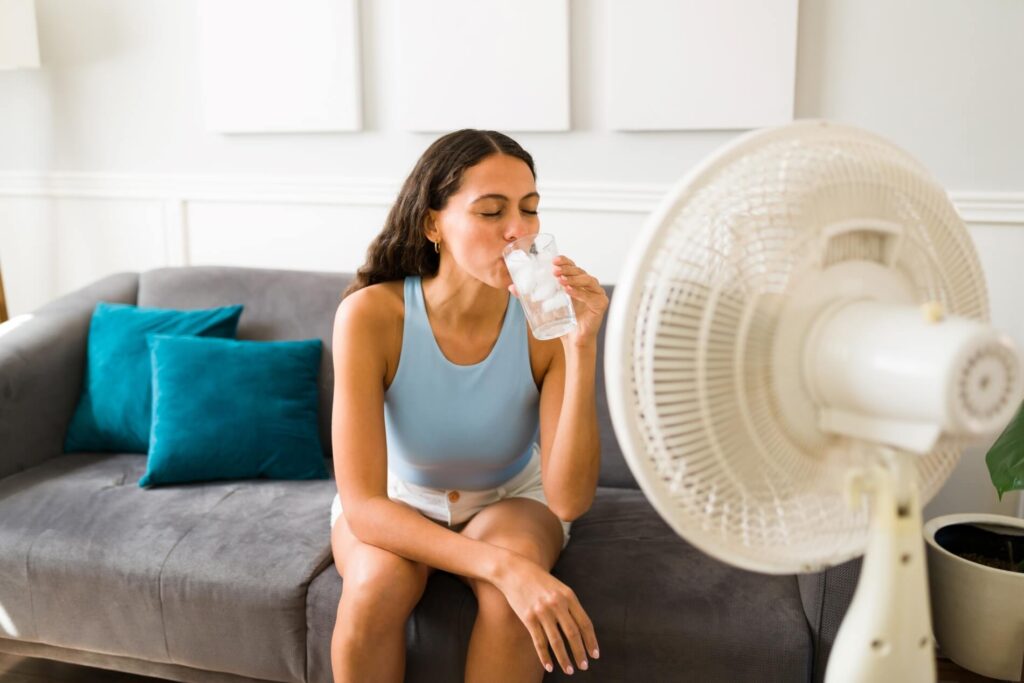
Philadelphia Neighborhood Heat Vulnerability Index
Explore this index to view at risk areas in Philadelphia and available community resources.
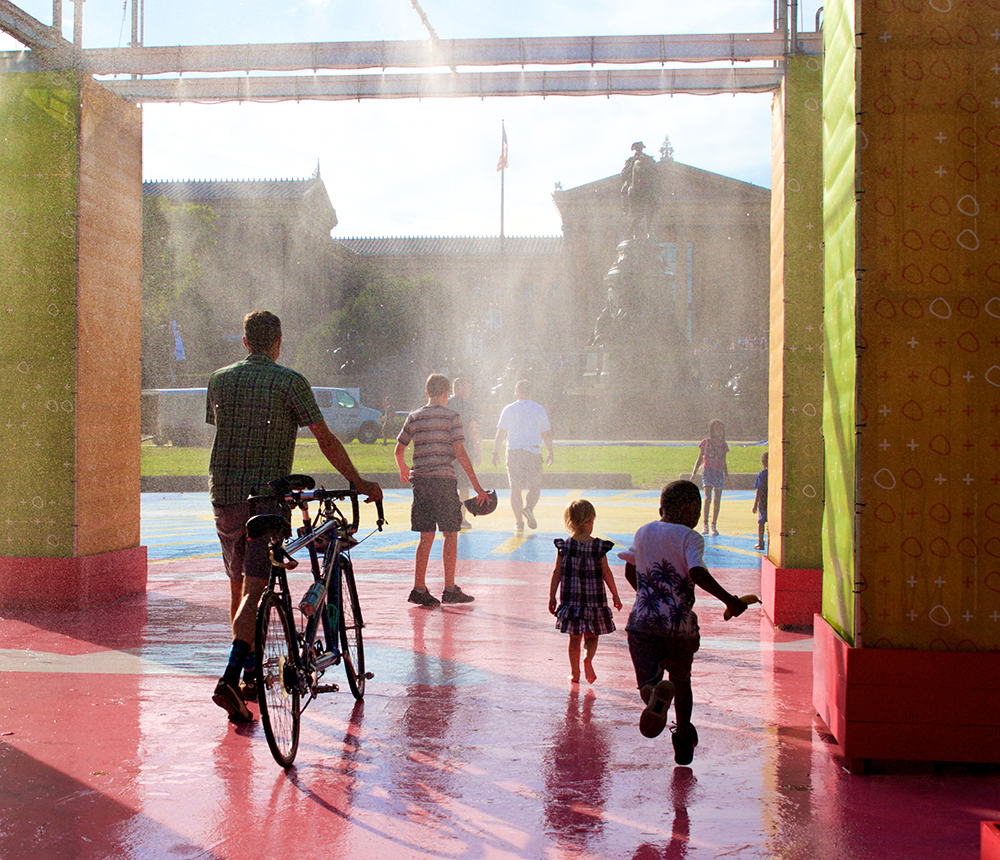
Curriculum for Grades 5-8 : A Journey Through Water’s Path and Its Challenges
Middle school curriculum on the water cycle, flooding, Philadelphia specific water issues, and climate change.
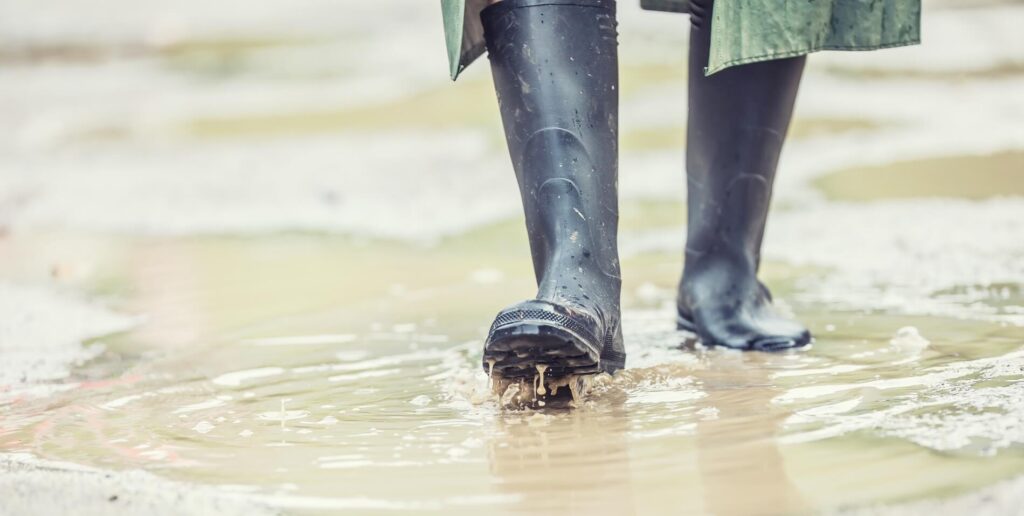
Basement Backup Protection Program
Providing free plumbing upgrades to homeowners who experience water backing up through basement fixtures during wet weather.
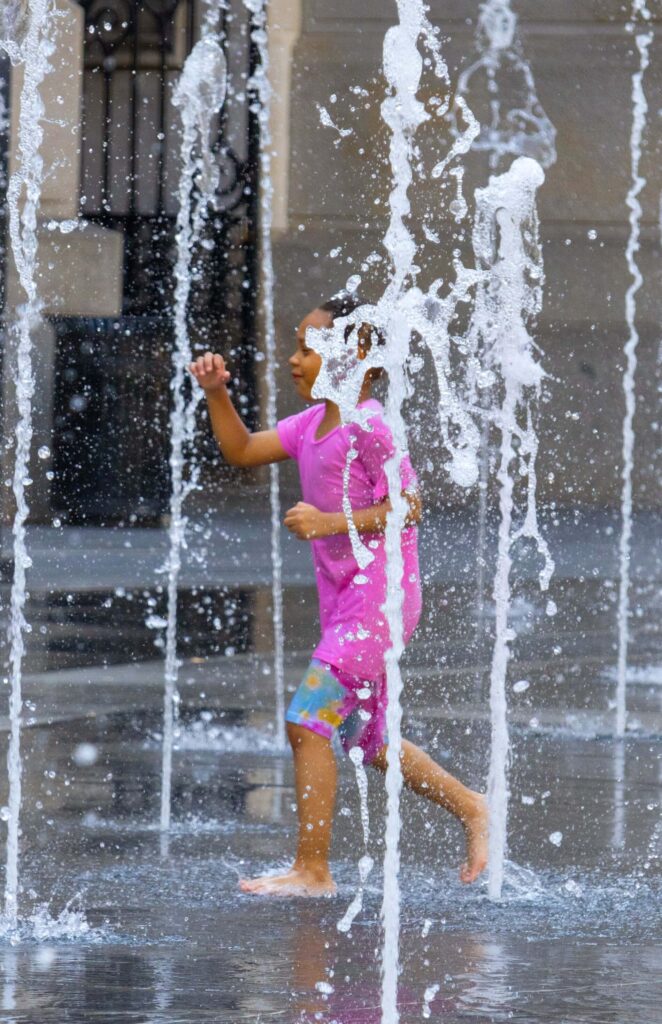
Brochure on Beating the Heat in Philadelphia
This brochure includes information on signs of heat related illness and ways to stay cool in Philadelphia.
Center Members Researching Climate Change

Inkyu Han, PhD, MPH
Inkyu Han is a multidisciplinary environmental health scientist in exposure assessment and environmental epidemiology. Environmental exposure and community…

Jane E. Clougherty, MSc, ScD
Jane E. Clougherty is a Professor of Environmental and Occupational Health (EOH) at the Drexel University Dornsife School…

Hyunok Choi, PhD, MPH
Hyunok Choi is the Associate Professor and Director of the Children’s Environmental Precision Health Institute at Lehigh University….

Blanca Himes, PhD
Blanca Himes is the Associate Professor in the Department of Biostatistics, Epidemiology and Informatics and received tenure as…

Jessica Rice, DO, MHS
Jessica Rice is an attending physician with the Division of Pulmonary and Sleep Medicine at the Children’s Hospital…

Rebecca Simmons, MD
Rebecca A. Simmons is the Hallam Hurt Professor of Pediatrics at the Perelman School of Medicine at the…

Marilyn V. Howarth, MD, FACOEM
Marilyn Howarth is the Deputy Director of the Philadelphia Regional Center for Children’s Environmental Health. Within the Center,…

Tyra Bryant-Stephens, MD
Tyra Bryant-Stephens is a board-certified pediatrician in clinical primary care practice for over 30 years and Associate Professor…

Aimin Chen, MD, PhD
Aimin Chen is the Co-Director of the Philadelphia Regional Center for Children’s Environmental Health. He is Professor of…

Yu-Chin Lien, PhD
Yu-Chin Lien is a Research Assistant Professor of Pediatrics at the University of Pennsylvania and Children’s Hospital of…

Sharon McGrath-Morrow, MBA, MD
Sharon McGrath-Morrow is the Associate Division Chief in Pulmonary and Sleep at the Children’s Hospital of Philadelphia, Co-Principal…
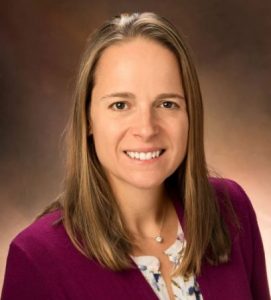
Heather Burris, MD, MPH
Heather Burris, is a founding member of Philadelphia Regional Center for Children’s Environmental Health. Heather is a practicing…

Eugenia C. South, MD MS
Eugenia (Gina) South is the Associate Vice President for Health Justice and Inaugural Director of the Penn Medicine…
